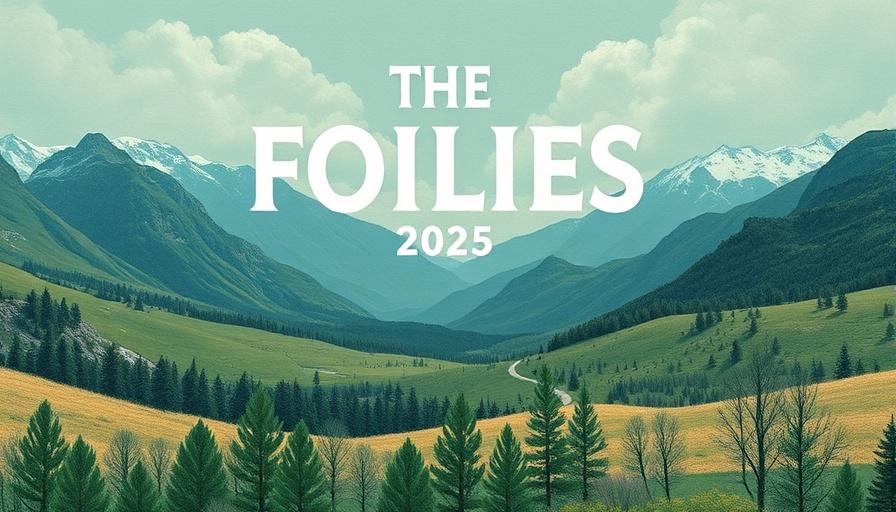
The Foilies 2025: A Critical Look at Government Transparency
Every year, as part of Sunshine Week, the Electronic Frontier Foundation (EFF) joins forces with MuckRock and AAN Publishers to present The Foilies. This tongue-in-cheek celebration recognizes the worst offenders in government transparency, particularly focusing on how various state and federal agencies handle public records requests under the Freedom of Information Act (FOIA) and similar state laws. As public access to government information faces increasingly severe hurdles, The Foilies not only sheds light on absurdities encountered by the average citizen but also encourages public discourse about the importance of transparency.
The Growing Threat to Public Access
The public's right to access government information is constantly undermined, a concern echoed across political divides. Recently, Maryland's attorney general and state legislature sought to introduce legislation allowing agencies to reject public records requests deemed "harassing." Meanwhile, at the federal level, the Trump administration's Department of Government Efficiency (DOGE) has moved actions outside the purview of FOIA, aiming to diminish oversight by removing public datasets altogether. Such actions highlight a broader trend where transparency is sacrificed for convenience, raising critical questions about accountability.
Red Flags Raised: The Most Absurd Instances of FOIA Requests
This year's Foilies highlights notable examples of government mishandling of public records requests:
The Exorbitant FOIA Fee of the Year: The Rapides Parish School District in Louisiana initially quoted a staggering $2 million to process a basic records request regarding a religious tract distributed at a local elementary school. Following media scrutiny, they eventually waived this ludicrous fee and provided minimal information.
Now You See It, Now You Don’t Award: The University of Wisconsin-Madison denied sports reporter Daniel Libit’s request for documentation related to a contract with Altius Sports Partners, offering contradictory excuses that only served to obfuscate the truth.
The You Can't Handle the Truth Award: Virginia Governor Glenn Youngkin's administration has been criticized for blocking necessary disclosures about the state's Military Survivors and Dependents Education Program, even when requests come from military families directly involved in the program.
These instances exemplify how government entities dodge their commitments to transparency and accountability, often resorting to increasingly absurd tactics.
Why Transparency Matters to Privacy Advocates
As individuals and businesses become more concerned about privacy, the need for transparent governance is paramount. Issues like exorbitant fees and bureaucratic obfuscations not only suppress public accountability but also threaten the rights of citizens to engage meaningfully with their government. When transparency laws are weakened, it creates a ripple effect, reducing the ability of journalists, activists, and the general public to hold officials accountable for their actions.
Call to Action: Reclaim Your Data
The fight for transparency is ongoing, and it starts with you. As we reflect on the absurdities of this year's Foilies, let us also recommit to demanding greater accountability from our government.
 Add Row
Add Row  Add
Add 




Write A Comment